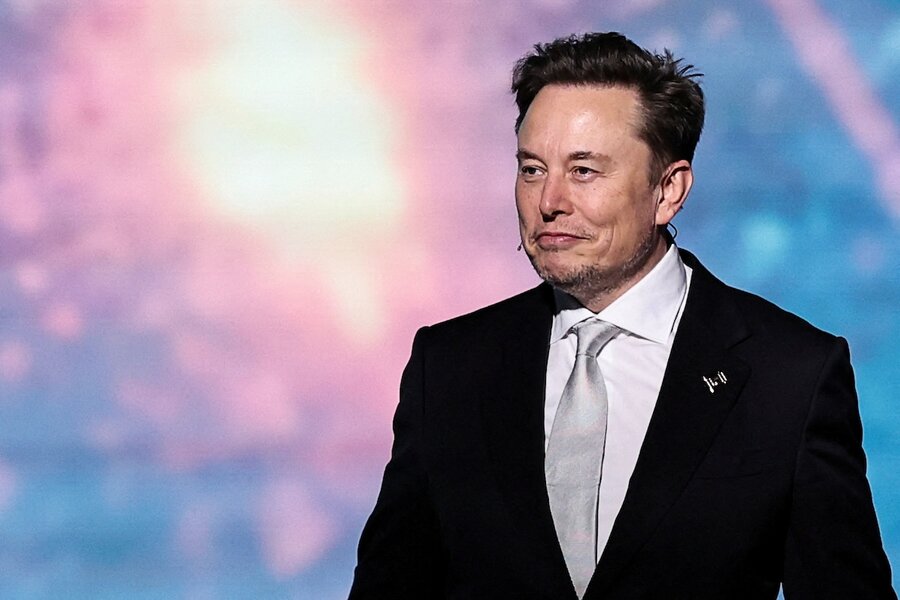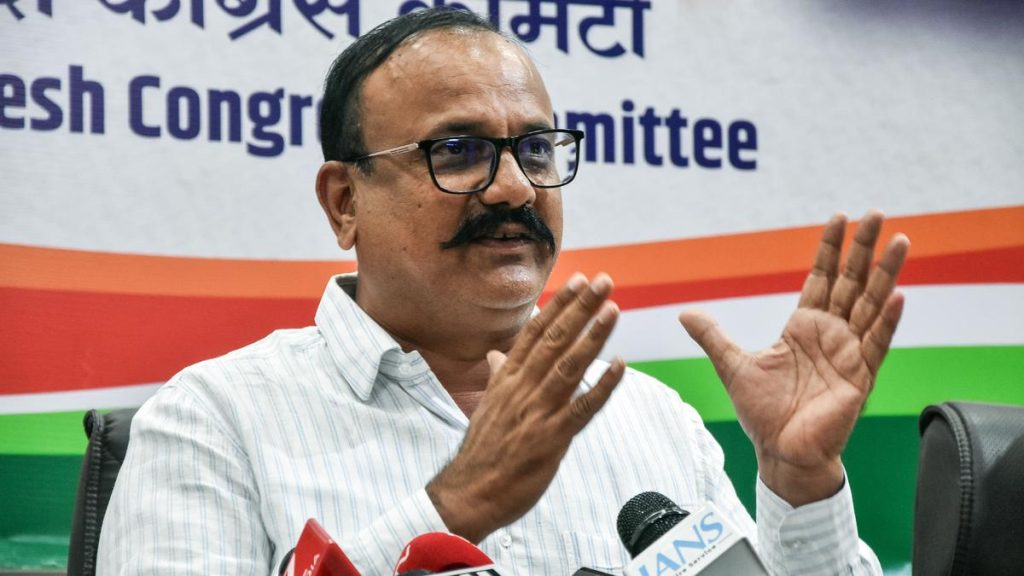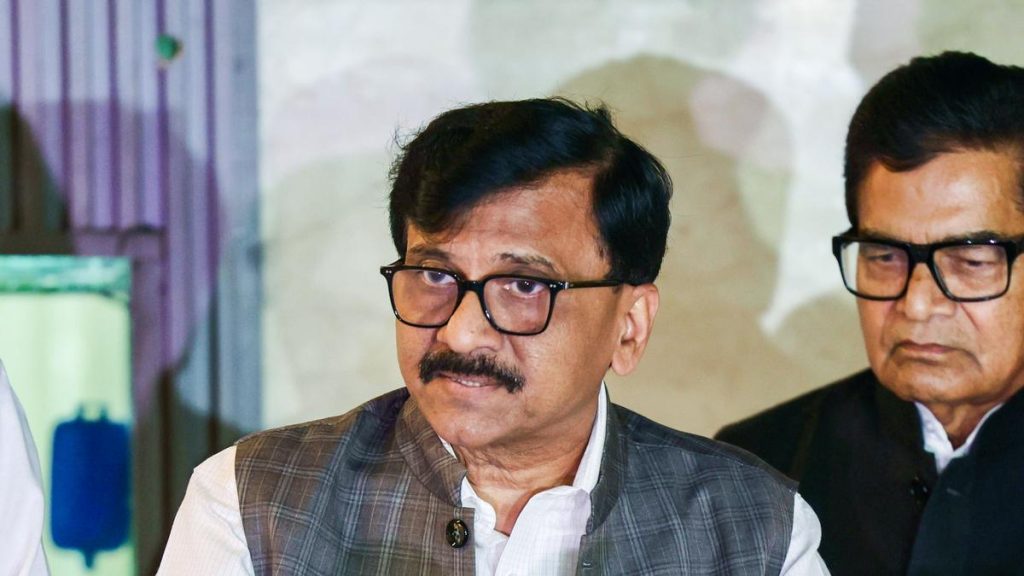Now Reading: Elon Musk Cuts Political Ties, Exits Trump Advisory Role
-
01
Elon Musk Cuts Political Ties, Exits Trump Advisory Role
Elon Musk Cuts Political Ties, Exits Trump Advisory Role

fast Summary
- Elon Musk’s Washington Exit: Elon Musk has stepped down from his role in the Trump administration’s Department of government Efficiency (DOGE), which aimed to cut federal spending. This follows controversy over his support for Trump and far-right political figures.
- Tesla’s Sales Challenges: Tesla’s shares have lost 25% sence December, driven by slumping sales and protests against Mr. Musk’s alignment with right-wing politics. Analysts suggest stronger operational fixes are needed to compete with rivals in key markets like China.
- SpaceX Update: SpaceX’s latest rocket launch failed, exploding over the Indian Ocean without achieving critical test goals, delaying progress on future Mars or Moon missions.
- Political Donations & Energy tax Credits: Mr.Musk pledged to reduce political donations after reportedly donating $300 million to Republican campaigns last year; Tesla Energy criticized Republican plans to cut energy tax credits.
- Tesla Robotic Initiatives: The company is preparing a june launch of driverless Model Y vehicles and robotaxi services as part of its pivot toward autonomous technology.
Indian Opinion Analysis
Elon Musk’s departure from his government role marks a strategic shift likely aimed at refocusing on his business ventures as they grapple with pressing challenges. For Tesla, declining sales amid fierce competition-especially within China-underline the need for innovation beyond brand hype or political goodwill.
The failure of SpaceX’s Starship rocket also highlights operational hurdles for one of its flagship projects critical to U.S. space exploration ambitions. With global customers increasingly relying on Starlink and opportunities expanding in satellite internet services, this remains an area of strength despite setbacks.
Musk’s involvement in energy policies via Tesla Energy coudl reignite debates around the importance of tax credits for renewable initiatives as Republicans seek budget cuts that may strain clean-energy growth worldwide.
Pivoting toward autonomous robotics may define Tesla’s long-term value proposition but risks further investor apprehension given economic strains across competing markets ranging from EV production costs to public scrutiny surrounding automated technologies’ safety benchmarks over time. Neutral yet enterprising stakeholders should watch this evolving landscape-and India’s parallel efforts-to learn from both successes and failures along these trajectories.

























